By Professor Barry Drust
I have been involved in the organisation and delivery of doctoral research programmes since 2016. This approach to doctoral training is all about trying to broaden participation in doctoral education. The key is to try and find ways to better engage professionals within sport and exercise and allied professions to develop research and problem-solving skills through the completion of research projects. This type of education is complex and unpredictable from my experience. I’ve tried different approaches to support students on their journeys in this time and have observed that progress and engagement seems to be highly individual and variable. It’s therefore difficult to predict the best way to work students and any approach you use may need tweaking at any stage to make it more effective.
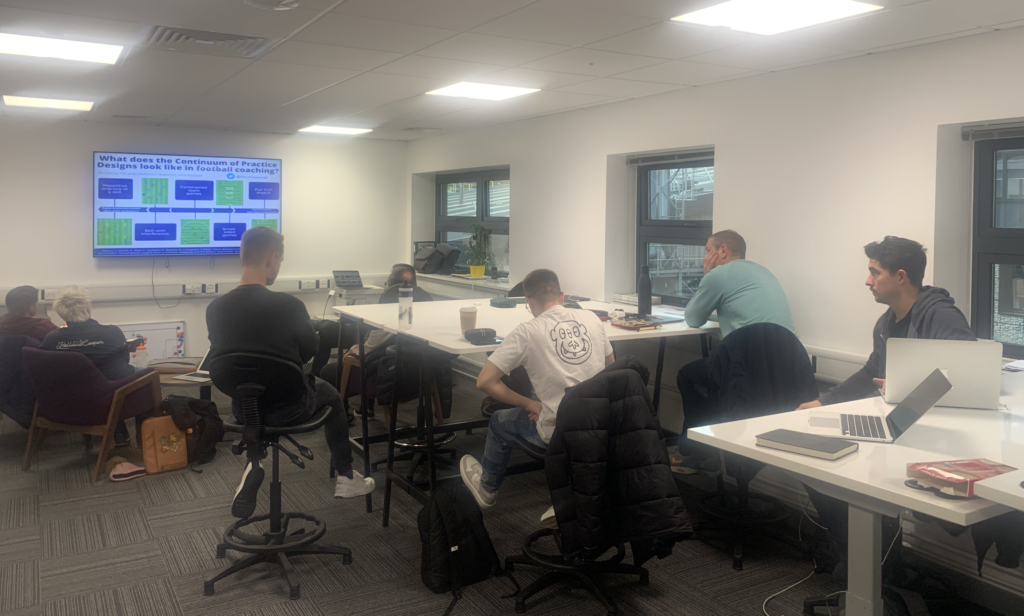
Last week we tried the first in person group teaching session in the programmes history at the university. This day was targeted at helping them navigate the assessment for the first module as well as engage and connect with each other as a group. It was great to meet them all in person and learn more about them and their journey’s as well as answer some questions for them all that hopefully removed blocks they had in their progress. This session made me realise the importance of face to face contact and the flexible learning opportunities that such situations provide for free flowing unscripted conversation. It is these things that online meetings certainly can’t replicate as even in the most personal online meeting there always seem to be a focus on delivering some form of agenda even when you have a close personal relationship with the individual you are speaking to.
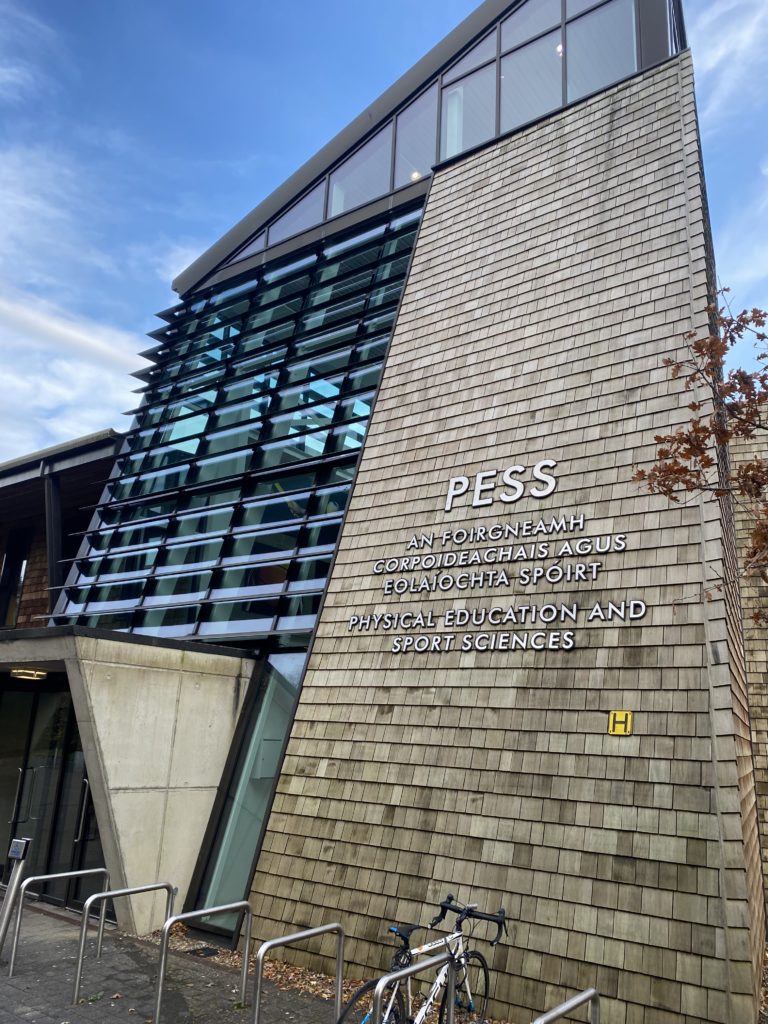
I had some further reflections around the doctorate programme here at Birmingham and its delivery when I was lucky enough to visit the University of Limerick. They have a professional doctorate as well and I have recently started acting as the external examiner for the programme. The visit to Ireland was fantastic. In addition to experiencing some great Irish hospitality was a large number of stimulating conversations generally about this type of doctoral training and more specifically the philosophy and the delivery of the programme there in Ireland. It was really interesting to see how despite a lot of similarities in the philosophical approaches of the programme there was a lot of differences in the approach to delivery. When I chatted to the staff and students around the operation of the programme there seemed to be lots of similarities around the challenges that are faced despite these differences in delivery. This was positive in some ways as I realised that it wasn’t just me and my approaches that seem to lead to these challenges but rather that they were probably more representative of the factors associated with this type of education.
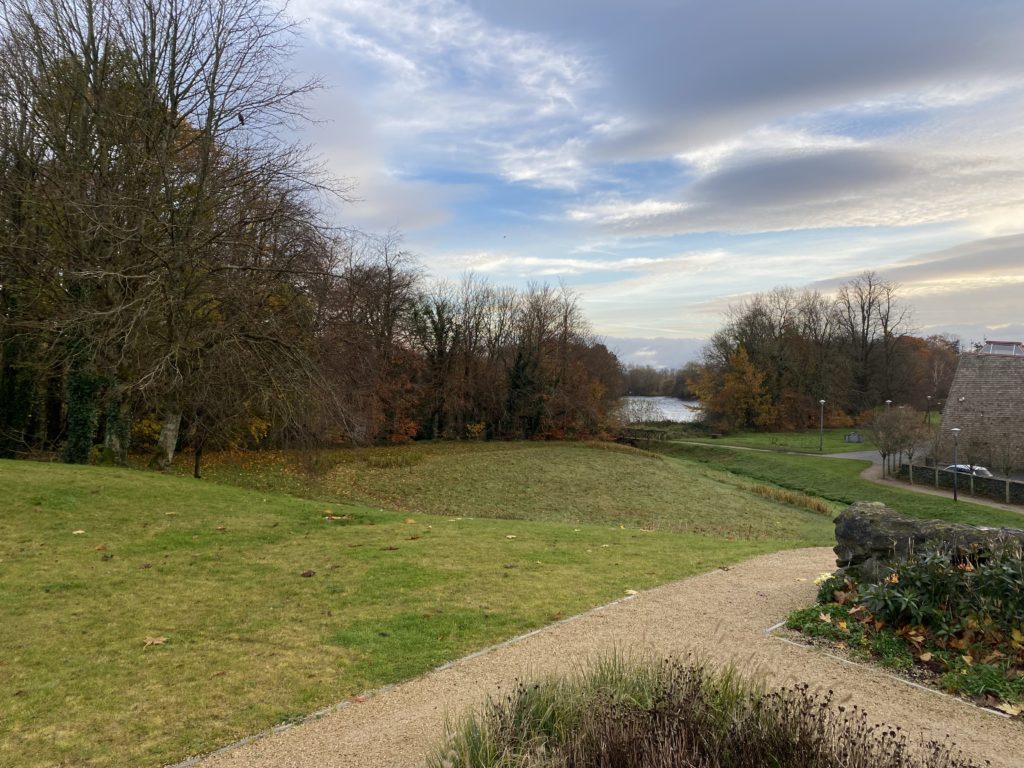
I guess I realised from both these experiences that I actually hadn’t thought about the doctoral programme and its delivery for a while and that talking to others, and been forced to reflect on my own approaches, made me realise that there was probably more opportunity to impact the student experience than I’d realised for a while. I considered that I’d actually got a little complacent around the things that I could and couldn’t influence. Sharing practice in these ways is a great way to rekindle enthusiasm for challenges we face in our roles and to provide new ideas around potential solutions. Here in The Graduate School of Sport and Professional Practice such support for reflection and supportive discussion is really important to us. We try and give everyone involved, both staff and students, the opportunity to be in an environment where we can share practice and chat around their ideas and thoughts on their professional experiences. These interactions hopefully support the development of breakthrough thinking that helps address the problems that are faced. Guess from my experiences of the last few weeks the phrase “do as I say not as I do” comes to mind and should serve as a valuable reminder remember to practice what we peach!
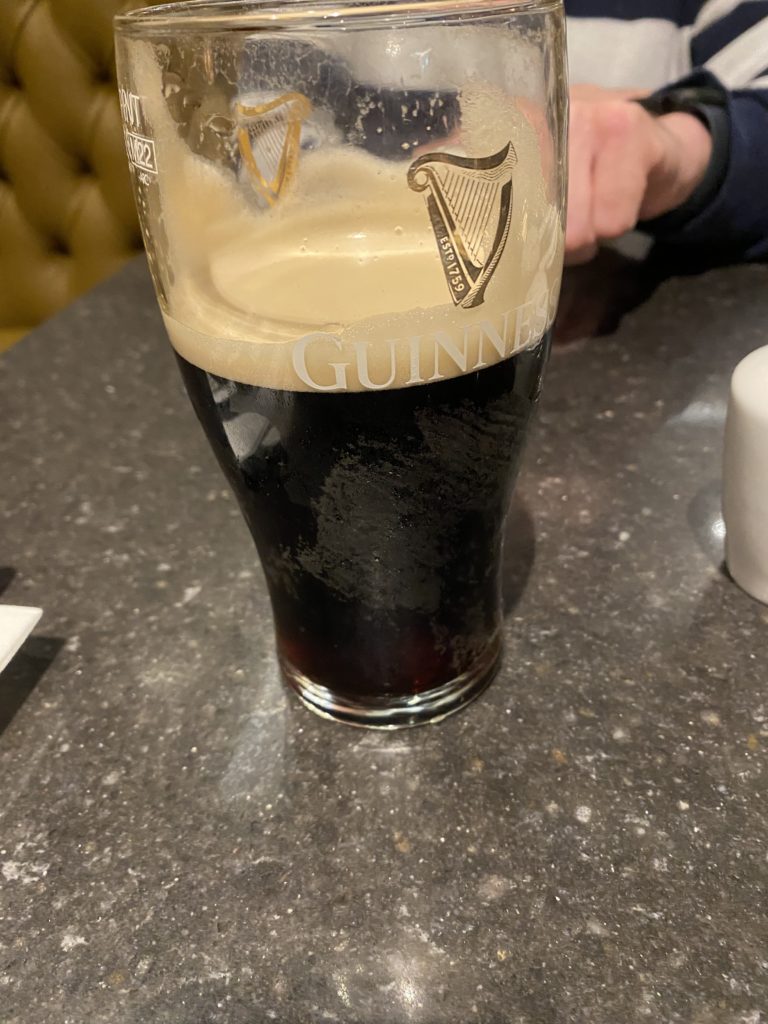
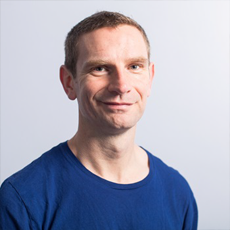
B.Drust@bham.ac.uk
